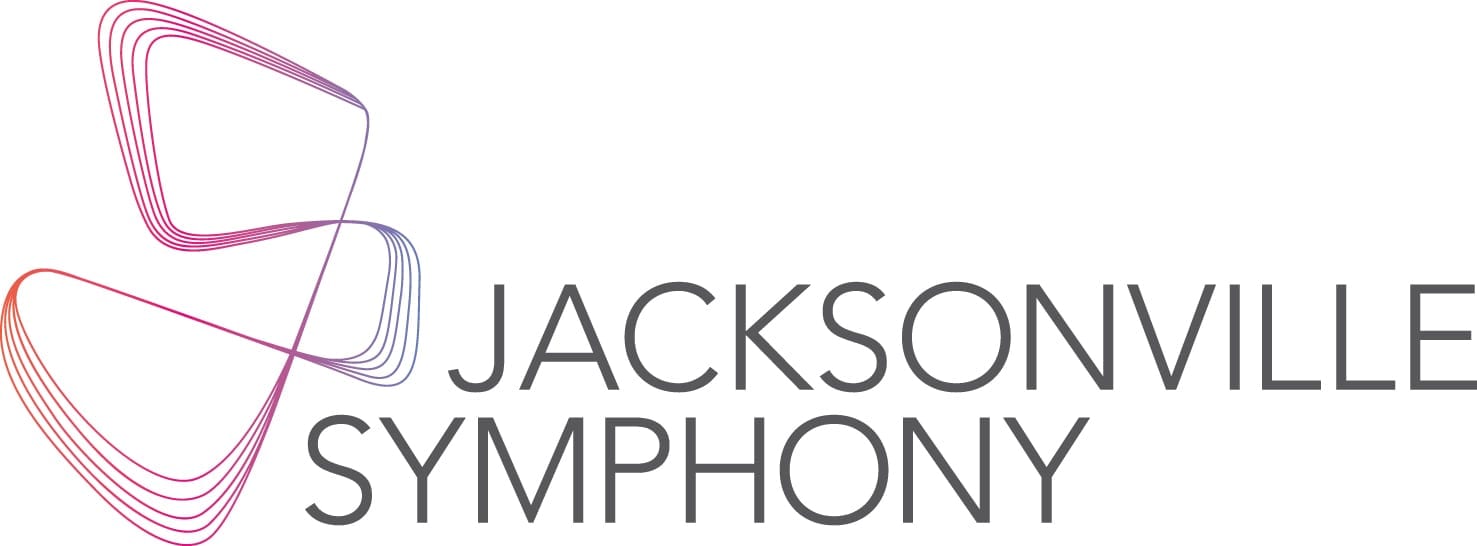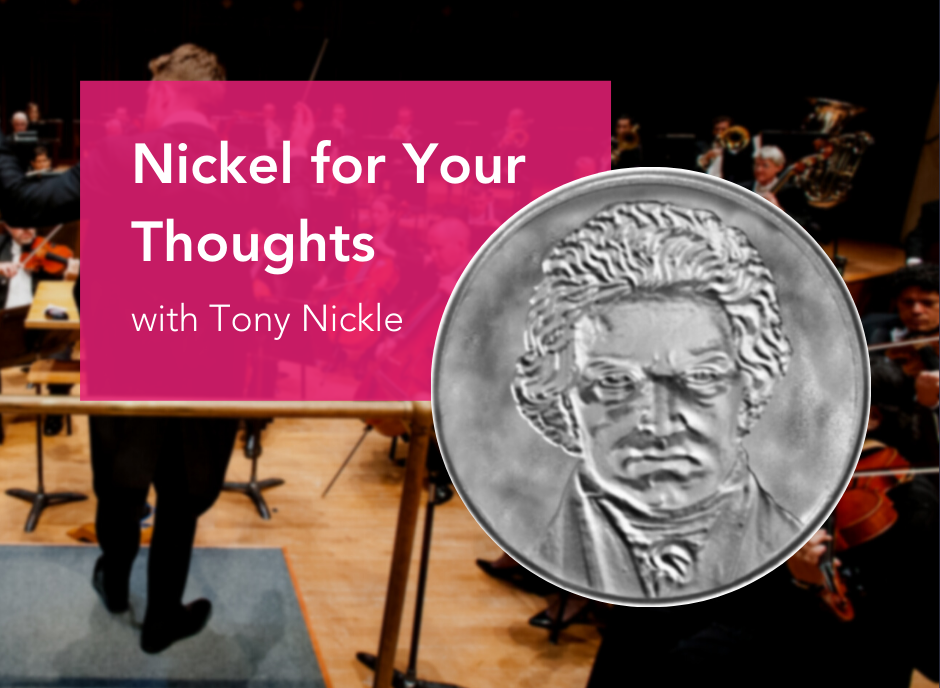In his own words, Artistic Administrator Tony Nickle shares what he believes to be the high points of the program, but with a little edge and humor for good measure.
As I’ve been thinking about writing this week’s Masterworks blog, I keep coming back to this notion of people’s tastes. It’s a tricky thing, because so many things seem to inform our own. I’m no neuropsychologist, but I would expect both nature and nurture come into play in quite complex ways.
Remember in my last blog I described the Rheinberger Organ Concerto as a delightful cheeseburger? Well as your parents hopefully insisted when you were a child, you can’t eat a cheeseburger every day. I grew up in a culinarily traditional Germanic household, with nearly all meals being a protein, starch, and vegetable (from a can when I was young, upgraded to frozen at some point). Seasoning potentially included salt and pepper if feeling adventurous. I’ll be ever grateful to my aunt and uncle for the innumerable qualities they inspired, but a curious palate was not among them. Thankfully I had a core group of friends in my twenties who helped me radically expand my interest in all types of food from many different cultures (I think I was 24 the first time I tried – and loved – sushi!).
This week’s program is not a cheeseburger. It serves up two fairly serious dishes that are quite thoughtfully crafted. Both pieces, even Schumann’s Second Symphony, would have been considered progressive in their day. Schumann wrote the piece in his mid-30s after a nervous breakdown, and his mental struggles are without question reified not only in this work, but in several of his compositions. Many of his contemporaries in Dresden, where he composed the symphony, regarded his music as dangerously modern. While I do agree that Schumann’s music has a unique quality that makes it less straightforward than other 19th-century German Romantics, it is funny now to think about Schumann as risqué. Our ears are so accustomed to music that stretched the perceived boundaries of the Romantic Era – from composers such as Wagner, Mahler, Strauss, and even the late Beethoven string quartets – that Schumann hardly raises any aural red flags. However, Bartók’s Music for Strings, Percussion and Celesta is likely another story. It’s Modern with a capital M (I mean the Modernist movement, not capital M for emphasis), and that word can carry some pejorative associations for some. And this is where my thoughts about taste come in, because I’m willing to bet that a good chunk of people like at least some Modernist things. Architects such as Frank Lloyd Wright and Frank Gehry dispensed with Classical/Neoclassical concepts of aesthetic, as did artists Pablo Picasso, Salvador Dalí and Jackson Pollock, and choreographers like Martha Graham and Paul Taylor. Many people find power, profundity, and yes, even beauty, in their works. So why is Modernism in music any different?
There was a time in my life when I didn’t care for Modern music; as recently as when I began my graduate studies in piano performance. I firmly believe it wasn’t learning more about that or any particular style of music (though I do think greater understanding almost always enhances any experience in life), but rather the simple act of repeated exposure. Things far outside of our realm of experience are probably difficult for the brain to make sense of, regardless of the sensory experience. Hearing Shostakovich, Stravinsky, Prokofiev, and even Bartók more than once every few months began to break down the walls in my brain naturally. There is still quite a lot that is not my flavor, such as the Hyperserialist or late Avant Garde music of composers like Milton Babbitt or George Crumb, but I am so relieved that many of the walls eventually came down. Nothing will ever hold the place in my heart that Mozart, Beethoven, Wagner and Puccini do, but they also don’t achieve certain aural effects that many 20th and 21st-century composers do. I needed to find reward in music that tasted different than the relatively narrow range I was used to. And it took time, just like my taste in coffee, whiskey, and even wine; to say I wasn’t a fan at first taste is an understatement, but now they are among my most favorite things.
So, join us in Jacoby Symphony Hall this weekend or tune in to the livestream. If some of the program isn’t your flavor, remember that tastes are not rigidly fixed, and not everything has to taste like a cheeseburger to be delicious.
By Tony Nickle, Artistic Administrator


